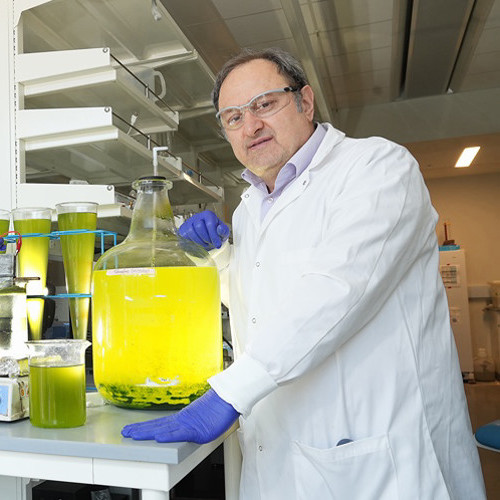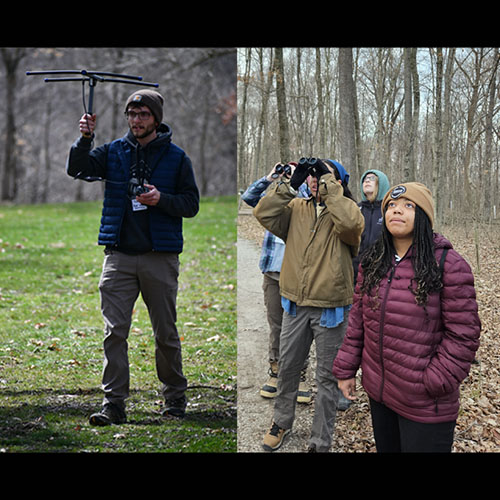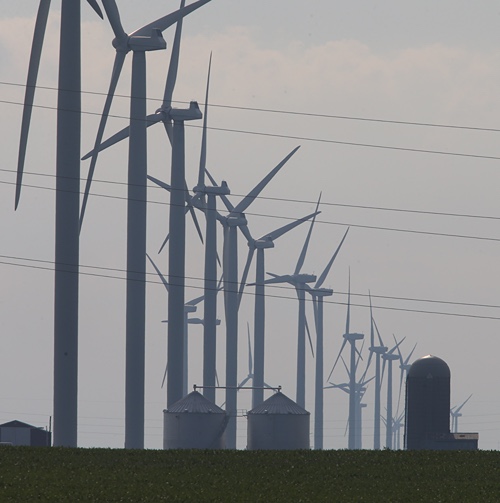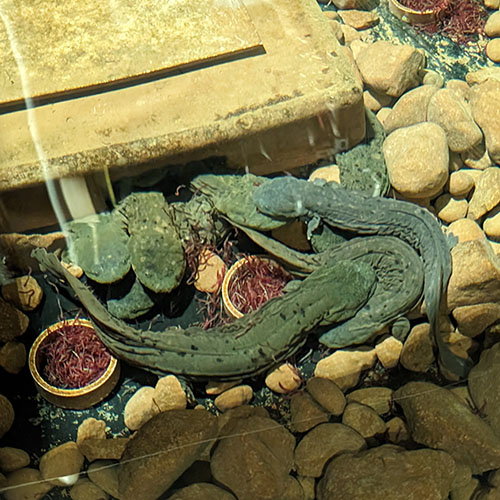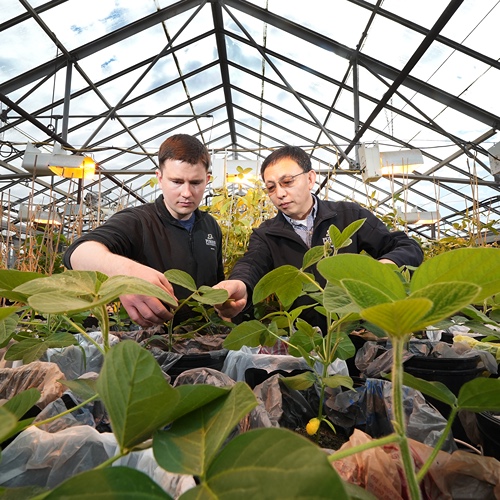The BRiTEN Director Ms Josephine Kaiza explained that while updating the journalists on the sideline of a two-day training on the use of Purdue Improved Crop Storage (PICS) bags which are free crop storage.
Training which was held recently here in the municipality attracted lead farmers and extension agricultural officers from all four councils in Rukwa Region including Sumbawanga municipality, Sumbawanga, Kalambo and Nkasi district councils.
The leading facilitator for the training was an innovator of PIC bags (mifuko ya ‘kinga njaa’), Dr Dieudonne Baributsa a Professor from Purdue University and Ms Bernadette Majebelle from Pee Pee Tanzania Ltd (PPTL). Equally, Ms Kaiza disclosed that BRiTEN is addressing rural challenges and finding opportunities and strengths that lead to sustainable solutions to rural poverty through job and opportunity creation.
Under the Credit Access to scale up the use of Hermetic Storage in Tanzania Project – CASH-TZ, members of the AMCOS have accessed hermetic bags from Pee Pee Tanzania Ltd (PPTL) the suppliers of PIC hermetic bags. In the project are 25 AMCOS and 40 young people based in Rukwa being supported by BRiTEN which is at the forefront to make a huge step in agricultural transformation in the region.
“AMCOS members have been supported with good agronomic practice training, business training, aggregation and maintenance of grain quality, linkage to markets and financial institutions for loans and training on the profitability of their whole farm enterprise” she emphasised.
A cross-section of the youth admitted to having benefited from the business training from BRiTEN and have started businesses selling inputs, the PIC bags and tarpaulins and have educated farmers to use Hermetic technology as it reduces the use of pesticides by smallholder farmers and use of tarpaulins which reduces post-harvest loss. “Also the technology reduces maize losses as a result of pests and ensures that the food is safe for human consumption,” Continues on Page 12 Continues on Page 12 The Board is also able to procure machinery to restore rivers that have deviated from their natural positions, cutting down costs on hiring the machines which are worth 1.5bn/-.
The RBWB Great Ruaha Catchment Officer, Eng Abisai Chilunda said the machinery is used in all the valleys in the country because it is the first to be bought and owned by the board.
Mr Chilunda said that previously they were renting the machinery at a high cost for various activities of conservation and maintenance of water sources.
“Before we were used to renting the plant at 1m/- per day, once we had a call to restore rivers in various conservation and maintenance activities of water sources,” said Eng Chilunda.
For his part, the RBWB Head of Water Resources allocation, Eng Gallus Ndunguru said in a response to the invaders, they have identified 384 main water sources, and 59 limited water sources while the SHEDS and unathorised warehouses are taking toll at Mkwajuni valley along Kawawa Road in Dar es Salaam, where they are used to store solid wastes as well as resting places for such scrap dealers as captured in the area, yesterday.
(Photo by Mohamed Mambo) 11 said Mathias Kalunga from Majengo area in Namanyere Township in the Nkasi district. Similar sentiments were echoed by Francis Sungura and Regina Ambwele head farm from Mpui village. Mr Sungura continues to say,
“it is a good project as farmers now do not sell during harvest but can save their maize in storage and wait for the prices to go up without losing the quality of the grain,” he explained.
He goes on to say farmers are very happy with this system. Equally, the Rukwa Regional Administration also wants to steer agriculture transformation in the region from subsistence to commercial farming.
That was revealed by Rukwa Region Senior Agricultural Officer Regional Secretariat Mr Ocran Chengula told this paper on the sideline of the two-day training that regional administration is keen to see farmers in the region transform from traditional farming practices to more commercialised and productive farming.
“Rukwa can make a huge step on agricultural transformation if agriculture experts come up with viable strategies to transform farmers from engaging in hand-to mouth to commercial farming,” he insisted.
Mr Chengula highly lauded BRiTEN for coming up with the regional viable strategic initiative which has encouraged youth in the region to actively engage in available opportunities in the agriculture sector. “Youth in Rukwa should never hesitate to engage in the agriculture sector” paraphrased Mr Chengula.
Rukwa borders with Southwest part of Zambia and the Eastern part of the Democratic Republic of Congo (DRC) across Lake Tanganyika, Katavi Region in the North and Songwe to the South. About 74 per cent of the population in the Rukwa region earns their living from agricultural activities Rukwa region is famous for maize production in the country.
Maize is one of the most important crops in Tanzania, it comprises 45 per cent and 70 per cent of the cereal cultivated area. Tanzania ranked among the top 25 maize-producing countries in the world in the last two decades.
